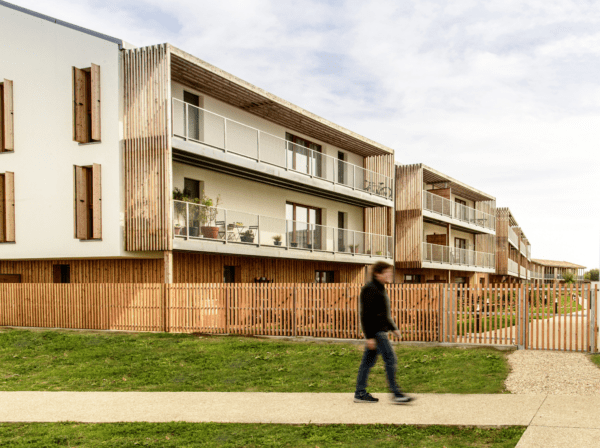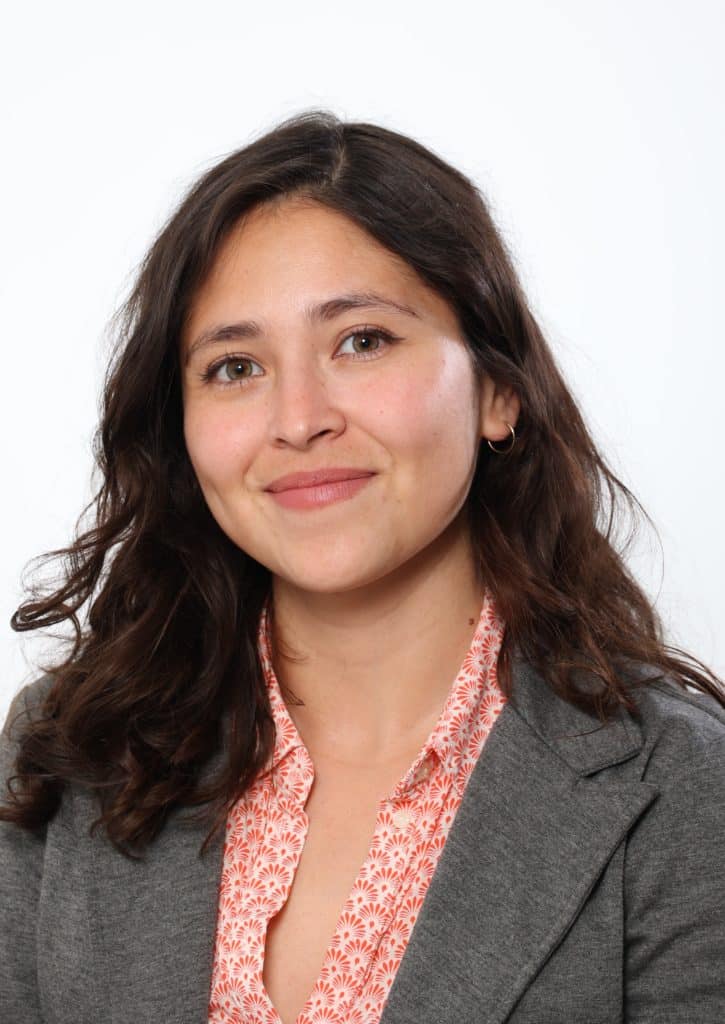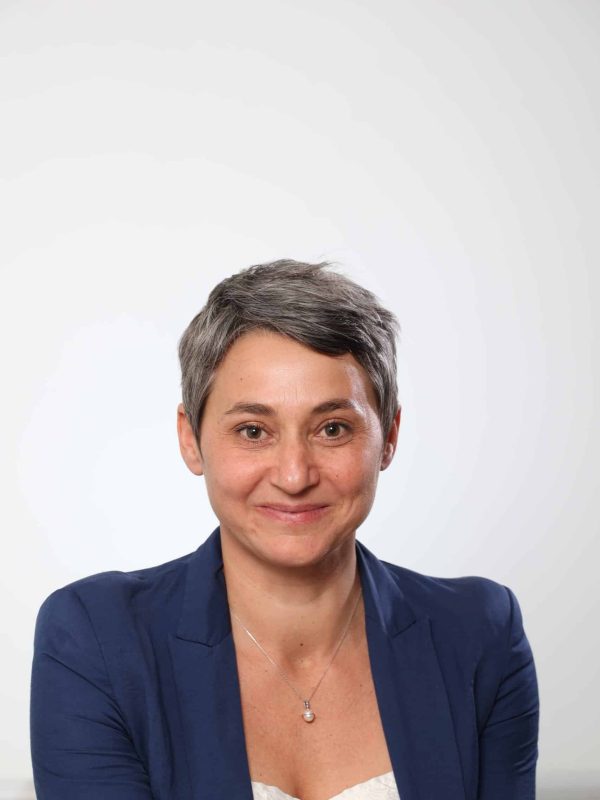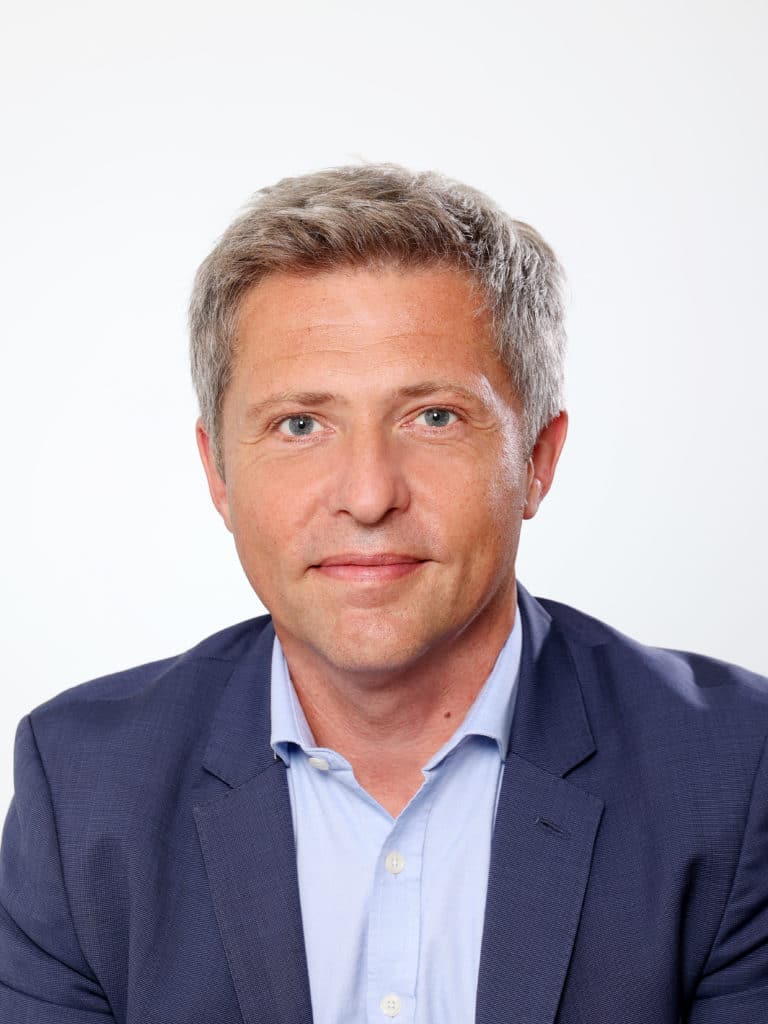Est Ensemble, transition écologique et justice sociale
Une réalisation proposée par Etablissement Public Territorial Est Ensemble
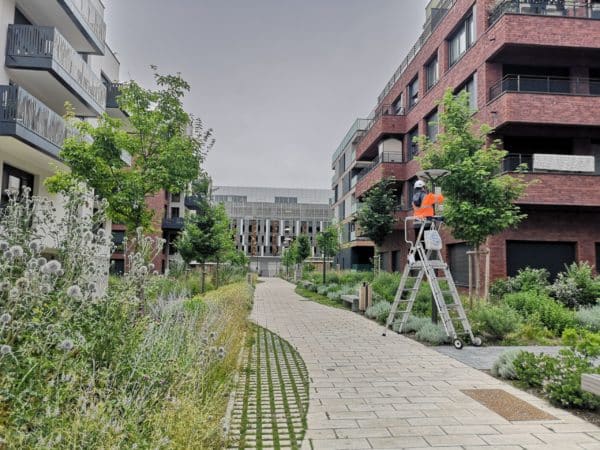
Contributeur
Descriptif
L’Etablissement Public Territorial Est Ensemble conduit la révision de son Plan Climat Air Energie Territorial (PCAET), et souhaite s’engager dans une démarche ambitieuse de transition environnementale. Suez Consulting est à la tête du groupement qui réalise l’accompagnement de toutes les phases de ce plan climat (diagnostic, stratégie, plan d’actions, suivi et évaluation, évaluation environnementale stratégique) et mène également des études complémentaires (étude de planification énergétique, schéma directeur énergie du patrimoine de l’administration, développement d’un outil cartographique grand public, étude de la résilience du territoire en particulier face aux Ilots de chaleur urbains (ICU), étude de l’impact de la Zone à Faible Emissions de la Métropole du Grand Paris sur la mobilité).
Le groupement est également responsable de la concertation des parties prenantes du territoire autour du plan climat, en lien avec la convention citoyenne locale pour le climat lancée en septembre 2021 par le territoire.
- Qualité du logement
- Matériaux
- Conduite du changement
- Participation citoyenne
- Coopérations territoriales
- Énergie
- Territoire
Fiche d'identité
- Communauté d'agglomération
Médias
Évaluation du projet*
sur la base du déclaratif du contributeur
Critère n°1 : SOBRIÉTÉ
Une Evaluation Environnementale Stratégique est menée en parallèle du plan climat pour en vérifier l’impact environnemental.
Le projet émet des recommandations d’aménagement qui sont justement en faveur de la protection des sols végétalisés, de la ressource en eau, et de manière moins directe de la biodiversité.
Le projet émet des recommandations en faveur d’une consommation responsable des matériaux dans les aménagements futurs.
Le projet vise à aligner le territoire sur la trajectoire de neutralité carbone de la France.
NA
Critère n°2 : INCLUSION
Oui, le groupement est responsable de la concertation avec les parties prenantes dans les phases de stratégie et de plan d’action, et également de phases de consultation citoyenne.
Le projet comporte une clause d’insertion : le groupement doit encourager l’insertion et proposer au moins 150 heures dédiées à ce sujet.
Le projet vise notamment à combattre la précarité énergétique et la précarité liée à la mobilité. Il cherche de plus à renforcer la résilience du territoire pour réduire la vulnérabilité des populations au changement climatique.
Le projet est en cours.
Critère n°3 : RÉSILIENCE
Le projet en lui-même est une étude qui n’a aucun impact direct. Mais il comporte un diagnostic des vulnérabilités climatiques du territoire et un plan d’actions pour y remédier.
Le projet démarre par un diagnostic exhaustif des enjeux climat-air-énergie du territoire.
Critère n°4 : CRÉATIVITÉ
Le projet fait partie de la transition du territoire, et les nouvelles orientations de la stratégie climat pourront se traduire par des nouveaux emplois. Les recommandations visent en partie le développement d’une économie circulaire locale.
Le projet a fait appel à plusieurs innovations techniques : élaboration d’un outil de recherche dédié pour l’analyse de la mobilité du territoire par un chercheur de l’Université Gustave Eiffel, développement d’un outil cartographique dédié (OCTET) et recours à une méthodologie innovante pour la modélisation des consommations énergétiques (STARTER).
Critère n°5 : POTENTIEL DE RÉPLICABILITÉ
Les PCAET sont une exigence règlementaire pour tous les EPCI de plus de 20 000 habitants, à réviser tous les six ans. De nombreux autres territoires sont donc concernés. Les outils spécifiques (OCTET, STARTER, outil SDE Patrimoine) pourront être utilisés ailleurs.

